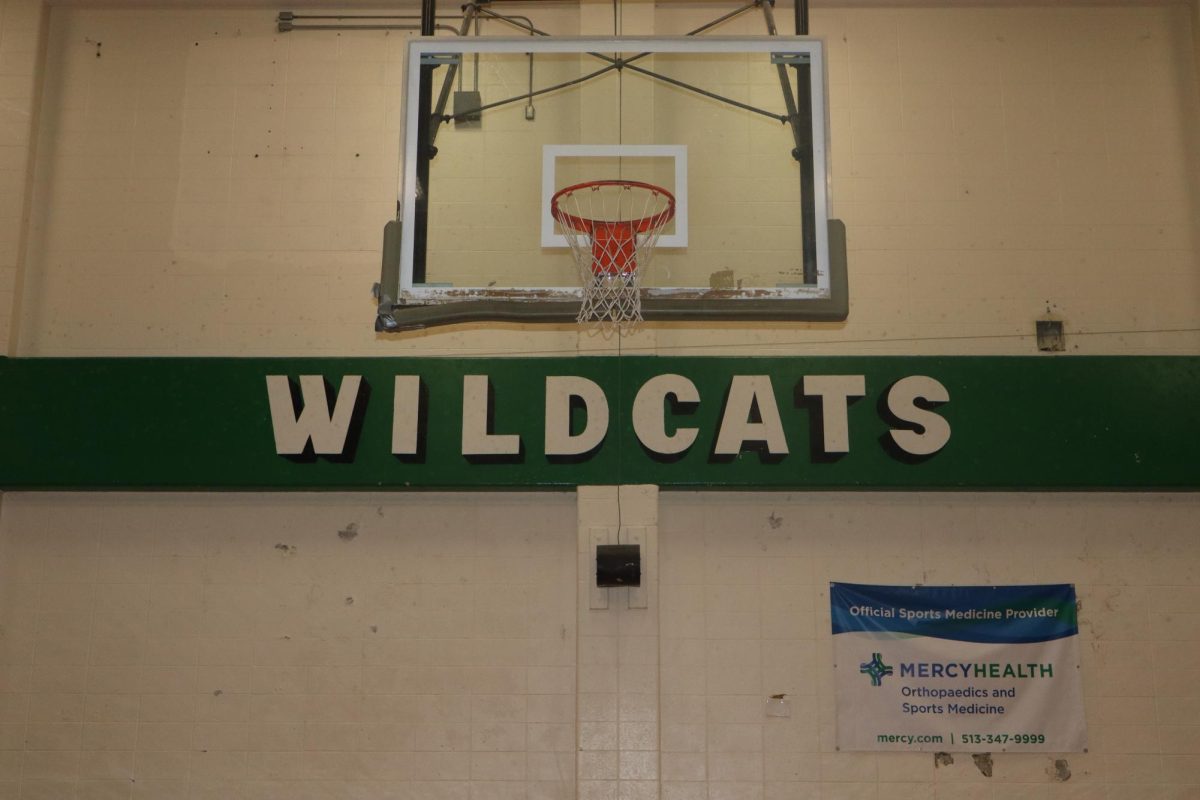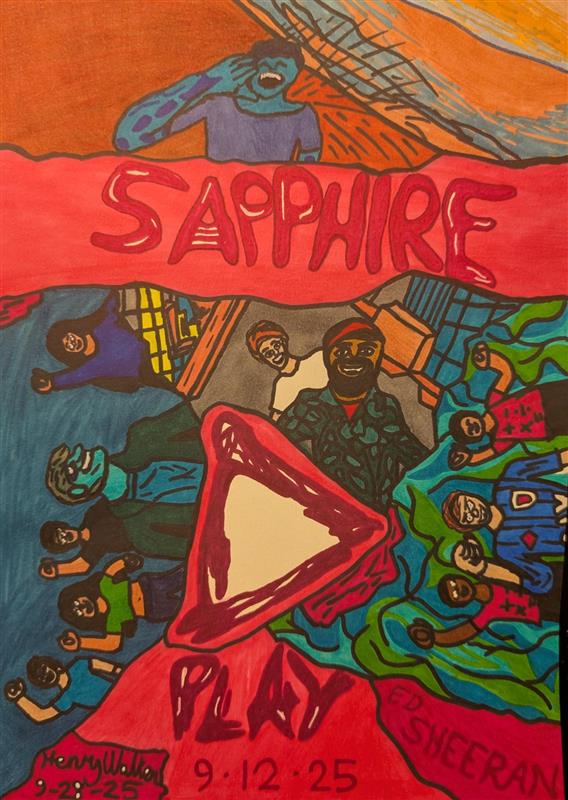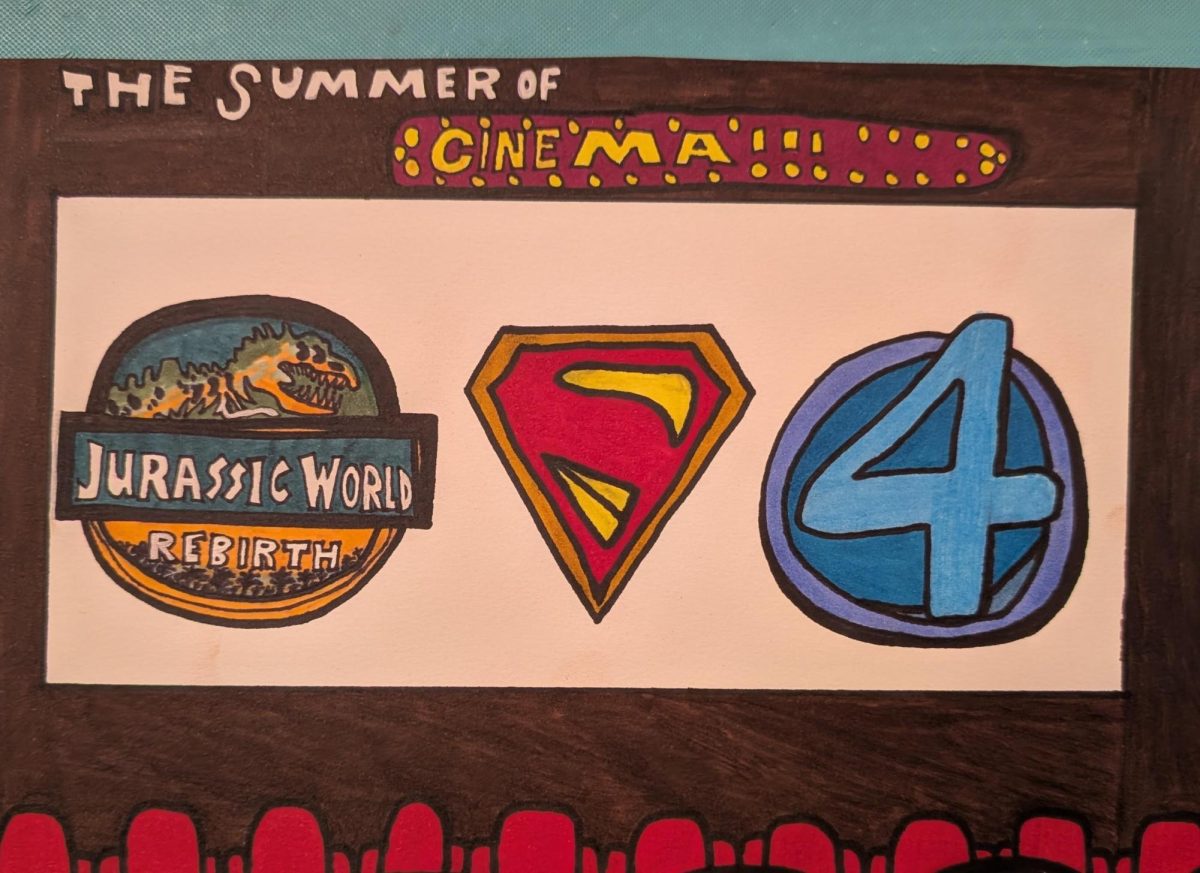Didn’t we just write about TikTok? Yes, we did, but that’s how fast this story is moving.
In early 2025, the U.S. Supreme Court upheld a controversial law that effectively banned TikTok due to escalating national security concerns regarding its Chinese parent company, ByteDance. The law, known as the Protecting Americans from Foreign Adversary Controlled Applications Act (PAFACA), mandates that ByteDance sell TikTok to an American company or face a nationwide ban.
According to reports from the New York Times and BuiltIn.com, the ruling initially set the ban to take effect on January 19. However, President Donald Trump intervened with an executive order, delaying the implementation for an additional 75 days. Trump cited the need for more time to negotiate a resolution and explore potential alternatives. During this brief reprieve, TikTok was temporarily shut down, only to be quickly restored. In the aftermath, the company publicly thanked Trump for his intervention, which allowed TikTok users to continue accessing the platform for the time being.
Despite TikTok being operational once again, the situation remains complicated for users. For example, anyone who deleted the app before the ban took effect is currently unable to redownload it from app stores as TikTok, along with other apps owned by ByteDance, have been removed from both the Google Play Store and the Apple App Store. As a result, users who previously uninstalled TikTok can no longer access the platform again unless the ban is lifted, or the app is reinstated in the stores. This has created uncertainty and frustration for many who, despite wanting to return to the app, now find themselves unable to do so.
The core of the ban is stemmed from concerns that the Chinese government could access sensitive data from U.S. users through TikTok, fueling fears of surveillance and data exploitation. There are also ongoing worries about TikTok’s potential role in spreading misinformation, especially because it is an influence on younger audiences and its viral algorithm.
While TikTok has consistently denied these allegations, stating that user data is secure and that the app operates independently from government influence, the legal and political battles are far from over. As of now, the clock is ticking for ByteDance, which must decide whether to sell TikTok’s U.S. operations or face a permanent ban.
Several U.S.-based companies have shown interest in acquiring the app, but time is running out. If a sale doesn’t occur within the coming months, TikTok’s future in the United States could be in serious jeopardy, leaving millions of American users wondering whether they will ever be able to access the platform again.





























